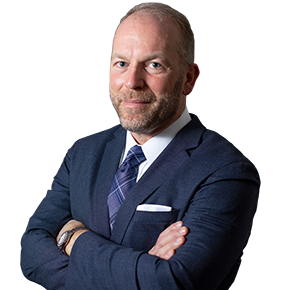Recurrent rotator cuff tears can be challenging to manage, and treatment options may vary depending on the specific case and the patient’s overall health. Revision surgery for recurrent rotator cuff tears can have a failure rate as high as 75%. Here are some of the treatment options that may be considered for recurrent rotator cuff tears:
- Conservative Management:
– Physical Therapy: A structured physical therapy program can help improve shoulder strength, flexibility, and function. While this doesn’t fix the tear, therapy may help the patient reach an acceptable level of function and pain so further surgery is not imperative.
– Activity Modification: Reducing or modifying activities that exacerbate the tear can help prevent further damage and exacerbation of pain. - Medications:
– Nonsteroidal Anti-Inflammatory Drugs (NSAIDs) and CBD: These can help manage pain and inflammation associated with the tear. - Corticosteroid Injections:
– In some cases, a corticosteroid injection into the shoulder joint can provide temporary pain relief and reduce inflammation. - Platelet-Rich Plasma (PRP) or Viscosupplementation:
– These injections are being explored as potential treatments for rotator cuff tears, as they improve pain and inflammation. Both have been shown to decrease pain for this condition. - Biologic Augmentation:
– Some surgeons use biologic agents, such as growth factors or tissue grafts, to augment the repair and improve healing outcomes. Dermal grafts or bovine tendon grafts have both been show to improve tendon quality and thickness after rotator cuff repair. Marrow stimulation (drilling vent holes in the bone to allow bone marrow to leak into the repair site) has been shown to improve healing by 50%. - Surgical Options:
If conservative treatments are ineffective, surgical intervention may be necessary. Surgical options for recurrent rotator cuff tears include:
– Revision Repair: A repeat surgical repair of the torn rotator cuff, which may involve suturing the torn tendon back to the bone. This can be supplemented with tissue grafts and marrow stimulation.
– Tendon Transfer: In cases of extensive or irreparable damage, a tendon from another area of the shoulder or a donor tendon may be transferred to replace the damaged tendon.
– Superior Capsular Reconstruction: This procedure involves using a tendon graft or a dermal graft to reconstruct the superior capsule of the shoulder, which may help contain the joint and improve function.
– Reverse Total Shoulder Arthroplasty (RTSA): In cases of severe damage and shoulder arthritis, a reverse total shoulder replacement may be considered to restore function and alleviate pain.
It’s important to note that the choice of treatment depends on various factors, including the size and location of the tear, the patient’s age, activity level, the presence of arthritis, the level of muscle atrophy and overall health. A thorough evaluation by an orthopedic surgeon or shoulder specialist is essential to determine the most appropriate treatment approach for recurrent rotator cuff tears. Additionally, the recovery process after surgery can be lengthy and may require extensive rehabilitation to achieve optimal results. At Total Orthopedics and Sports Medicine we have surgeons with expertise in revision rotator cuff repair helping patients to determine the correct surgical or non-surgical options for their exact condition.







 Website Design by
Website Design by